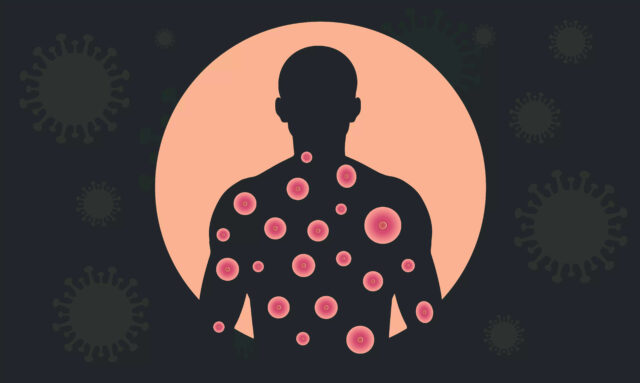
PK Mishra, Principal Secretary to the PM, chaired a high-level meeting to review the status of preparedness for Mpox in the country and related public health measures. The meeting was briefed that as of now there is no reported case of Mpox in the country. As per the current assessment, the risk of a large outbreak with sustained transmission is “low”.
The WHO has declared Mpox a health emergency of international concern.
The National Technical Advisory Group on Immunisation (NTAGI), the government’s advisory group, will also meet soon to review preparedness for Mpox (monkeypox), people in the know told ET.
Dr Anurag Agrawal, head, Koita Center for digital health at Ashoka Dean, biosciences and health research, Trivedi School of Biosciences, Ashoka University, said the new warning seems significantly “more serious” in terms of worst-case scenarios.
He said the best containment steps India can take “are those that prevent the infection from reaching us”.”The capacity we built during the SARS-CoV2 pandemic-in diagnostics, vaccines, genomic surveillance -can be used as part of a global South-South cooperation. Serving others can sometimes be the best way of serving oneself,” he said.According to Gautam Menon, Dean of Research and professor of physics and biology, head of Centre for Climate Change and Sustainability (3CS) at Ashoka University, it would be wise at this point for India to screen at airport entry for symptoms and to isolate those who might be infected.
“One should especially screen travellers from countries which have reported cases of Mpox in the recent outbreak. Keeping track of incoming travellers who may report illness later is also important, so that their contacts can be informed and tested. Indian medical agencies should also ensure that they are at the forefront of what is known about the epidemiology of Mpox, whether one can carry it asymptomatically, the modes of transmission, etc,” he said.
He said the positives, so far, are that it seems harder for Mpox to be transmitted between people as compared to Covid-19 or influenza.
“This implies that we may need to be concerned about localised outbreaks, but perhaps not a true epidemic situation. But our understanding is still evolving and it is crucial that we report transparently and collaborate with international partners to stay at the forefront of what is known,” he added.






























